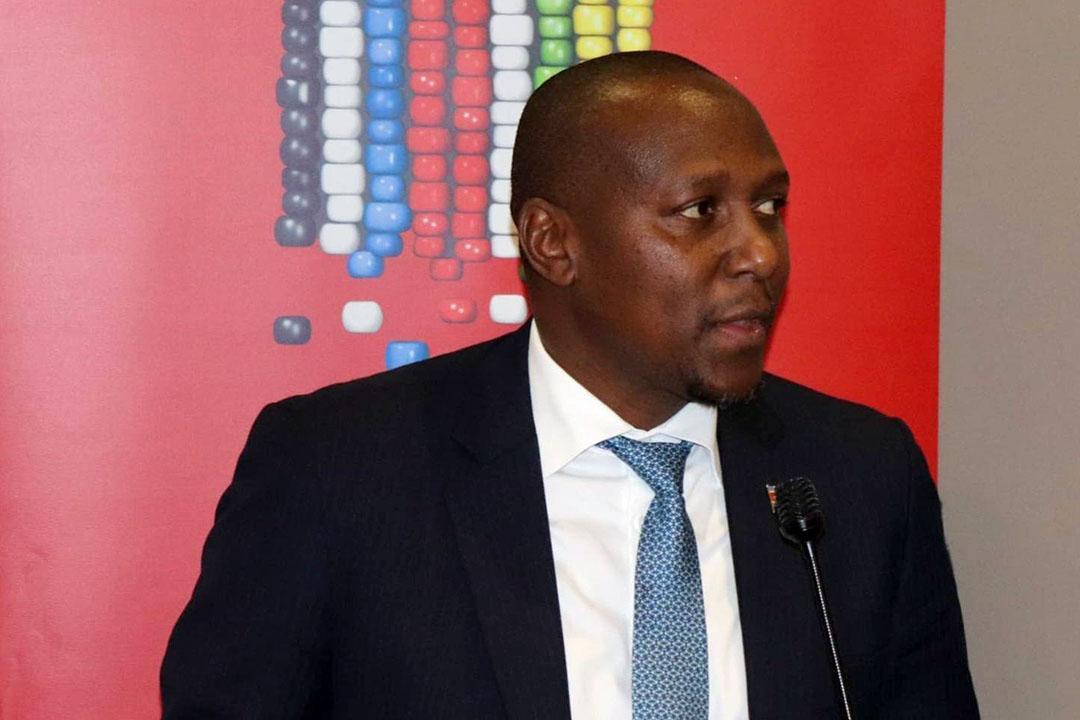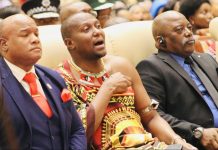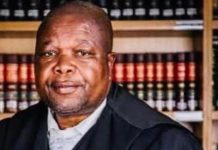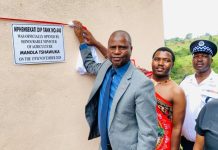Africa-Press – Eswatini. Prime Minister Russell Mmiso Dlamini has told South Africa’s Chargé d’Affaires, His Excellency Wouter Zaayman, that the people of Eswatini remain deeply proud of the Tinkhundla system of governance, which he said has been central to the country’s enduring peace and stability.
The Prime Minister made the remarks on Thursday, 13 November 2025, during a meeting with members of Eswatini’s business community at the Royal Villas in Ezulwini. The gathering, hosted by Zaayman, focused on political stability, governance and the investment climate in the Kingdom.
Dlamini reportedly said that Emaswati viewed the Tinkhundla structure not only as an administrative model but also as a system that had kept the nation united for generations. According to him, the governance model had played a significant role in preserving the peace that Eswatini continued to enjoy—peace which he pointed out was not guaranteed in many other countries in the SADC region or across the African continent.
The Prime Minister informed the South African envoy that citizens also remained proud of the Institution of the Monarchy. He stated that the monarchy had historically served as a unifying force, ensuring cohesion and stability even during periods when the broader region experienced political turbulence. He emphasised that this continuity had given Emaswati confidence in the resilience of their national structures.
Dlamini also addressed criticisms from individuals living outside the country who, he said, sometimes claimed that the Tinkhundla system did not contain the elements of a democratic framework. He argued that such criticisms were based on misconceptions, stating that the system drew from both Western political traditions and Eswatini’s long-standing customs. The blending of these traditions, he said, had produced a governance model that was uniquely suited to the needs and identity of Emaswati. For this reason, he added, the nation saw no need to apologise for its chosen political path.
He went on to explain that the Tinkhundla structure bore similarities to the British county system, which he described as one of the most respected governance frameworks in the world. Within Eswatini’s model, he said, each of the 59 constituencies elects a representative to Parliament based on individual merit. These representatives, he noted, work collectively to advance national development under the leadership of His Majesty the King, who provides long-term continuity and national direction.
Dlamini further remarked that Eswatini’s constitution fully observed democratic principles and was anchored in the concept of buntfu—humanity and respect for others. This, he argued, ensured that governance in the country remained people-centred and culturally grounded. He maintained that the system allowed the nation to uphold the rule of law, promote unity and foster development without compromising its identity.
The meeting concluded with discussions on opportunities for collaboration and the continued strengthening of relations between Eswatini and South Africa. Officials present said the engagement underscored the value of political stability in attracting investment and supporting sustainable national growth.
For More News And Analysis About Eswatini Follow Africa-Press







